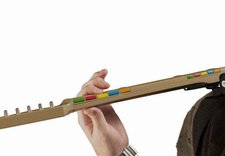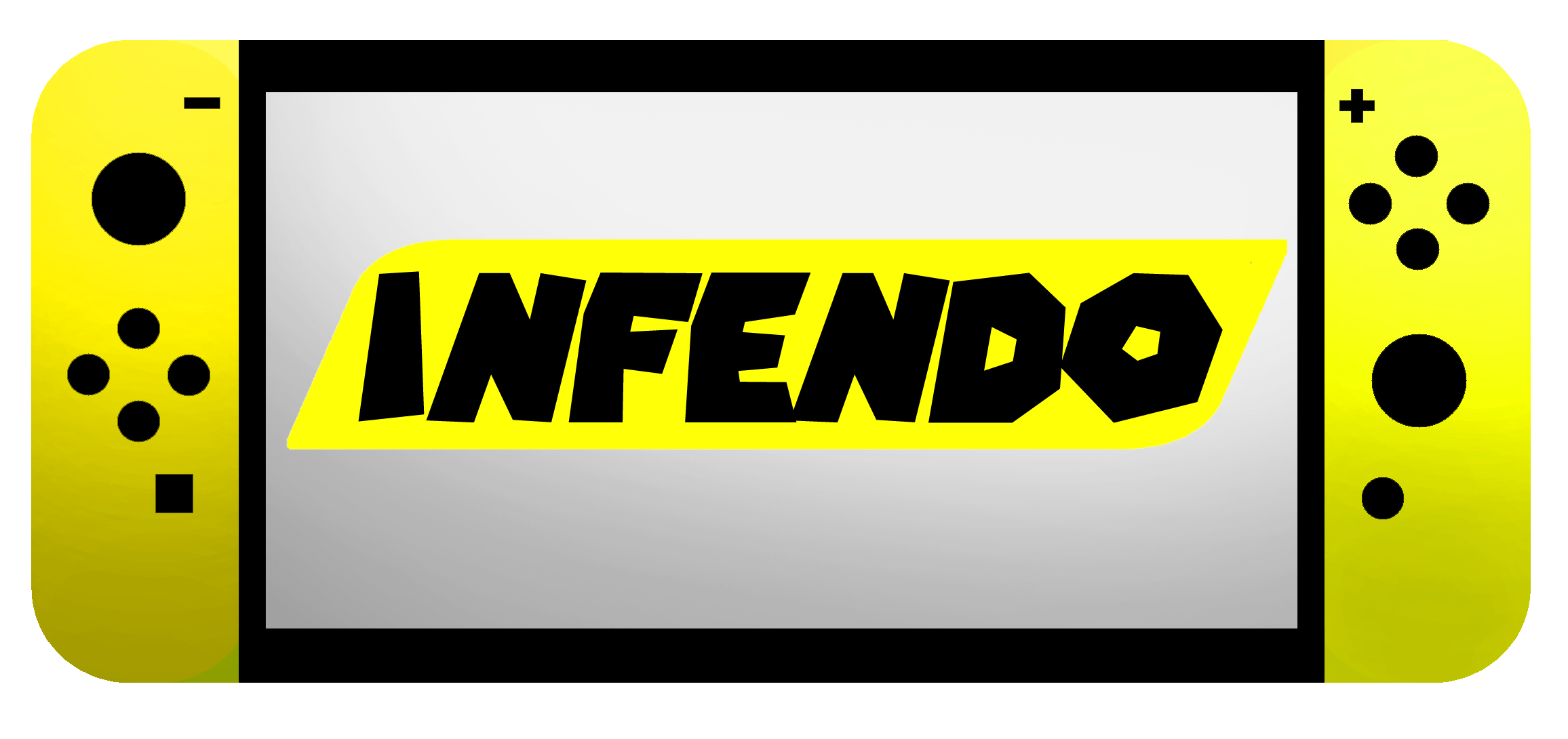 Even the mighty Rome fell, eventually. So too will EA, I think, although not in quite as catastophic a fashion as the great decendents of Romulus and Reemus.
Even the mighty Rome fell, eventually. So too will EA, I think, although not in quite as catastophic a fashion as the great decendents of Romulus and Reemus.
But eventually, nonetheless.
First, we had the now gospel belief that EA was and is still entirely willing to pump out unoriginal slop. Not all the time, I realize, but regardless the biggest interactive software entertainment company in the world is content with giving customers sports games on a yearly basis whose “new feature” is pretty much just a change in cover art and the date, when perhaps it should be shifting resources to more, shall we say bluntly, original IP (which a portion of the gaming population still buys, I realize). There’s other crap as well, and this is of course all just my solitary opinion and all, but I think it goes without saying that EA has officially picked a side in the great software/console wars of our time, and that side is not the side of innovation or the desires of the core gamer. Like any business, EA has picked the seemingly safe side of profit, as is its right. I say seemingly because of the company’s reaffirmed decision to forgo a Wii version of Rock Band. It is a monumental mistake of monetary proportions that I believe cost EA millions of imaginary dollars (there’s no Rock Band Wii, remember, so we’re talking hypothetical Monopoly money). That said, it’s a decision that makes perfect sense if you’re a company, like EA, that loves the status quo, expects it to continue, and expects profits to continue so long as everything stays nice and quiet.
However, there could be some very real dollar amounts being lost fairly soon. Infendo regular reader elmer wrote in this evening with just the slightest bit of rage in his voice, but unlike me he went past mere fanboy attacks and instead offered up a business case as to why EA could very well be on a great precipice: its shareholders. If you’re of the opinion that Nintendo is onto something big with its DS/Wii strategy, then EA is making a huge mistake, but an understandable one — when something truly disruptive comes along, it is often the large, established and most comfortable companies that cry foul the loudest, only to be buried by the insatiable march of progress later on. Smart shareholders are probably seeing that now in the aftermath of what was one of the greatest years in video game sales thanks to Nintendo, and might have a call or two scheduled with their advisers soon.
Wake up, EA.
